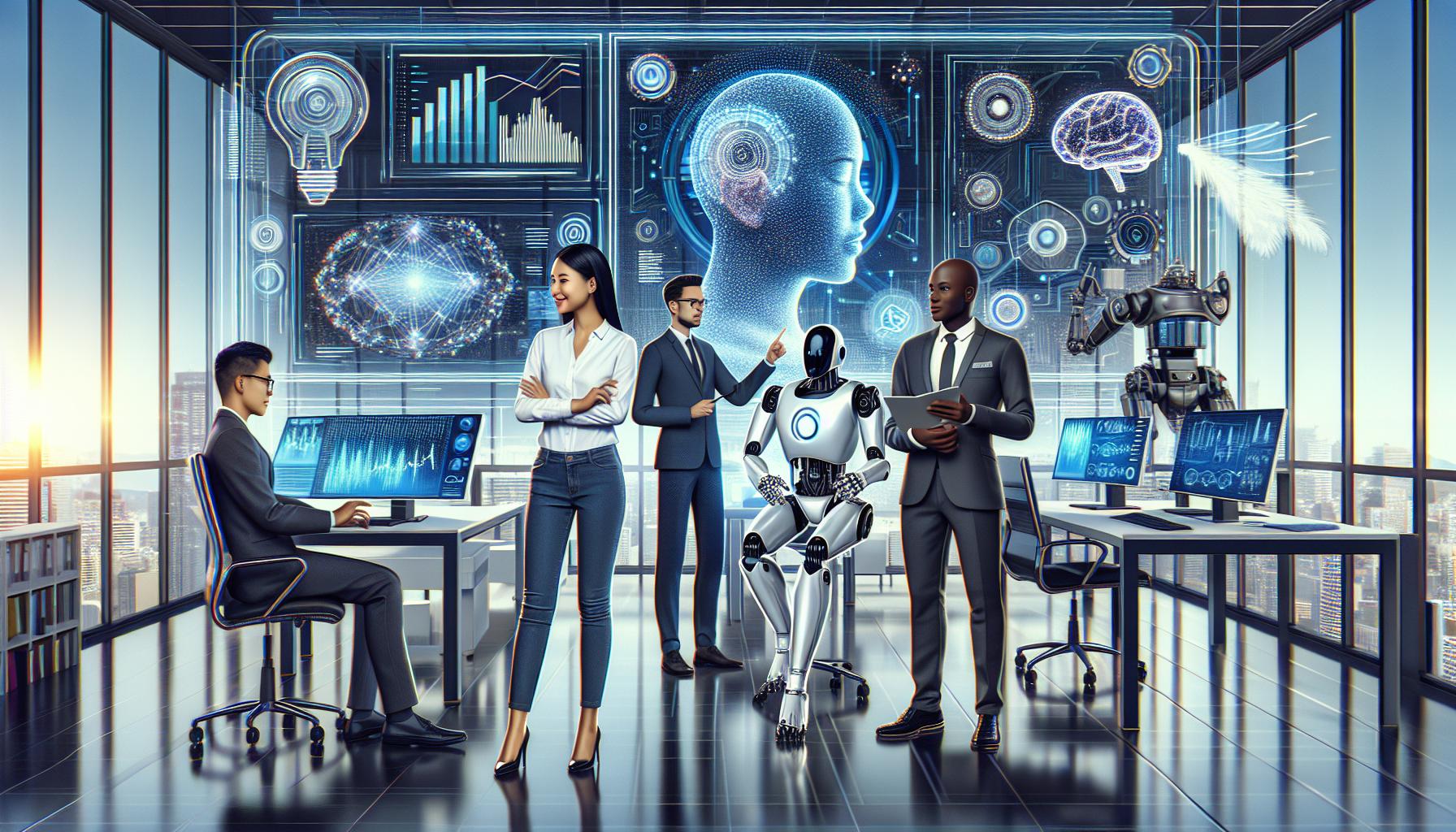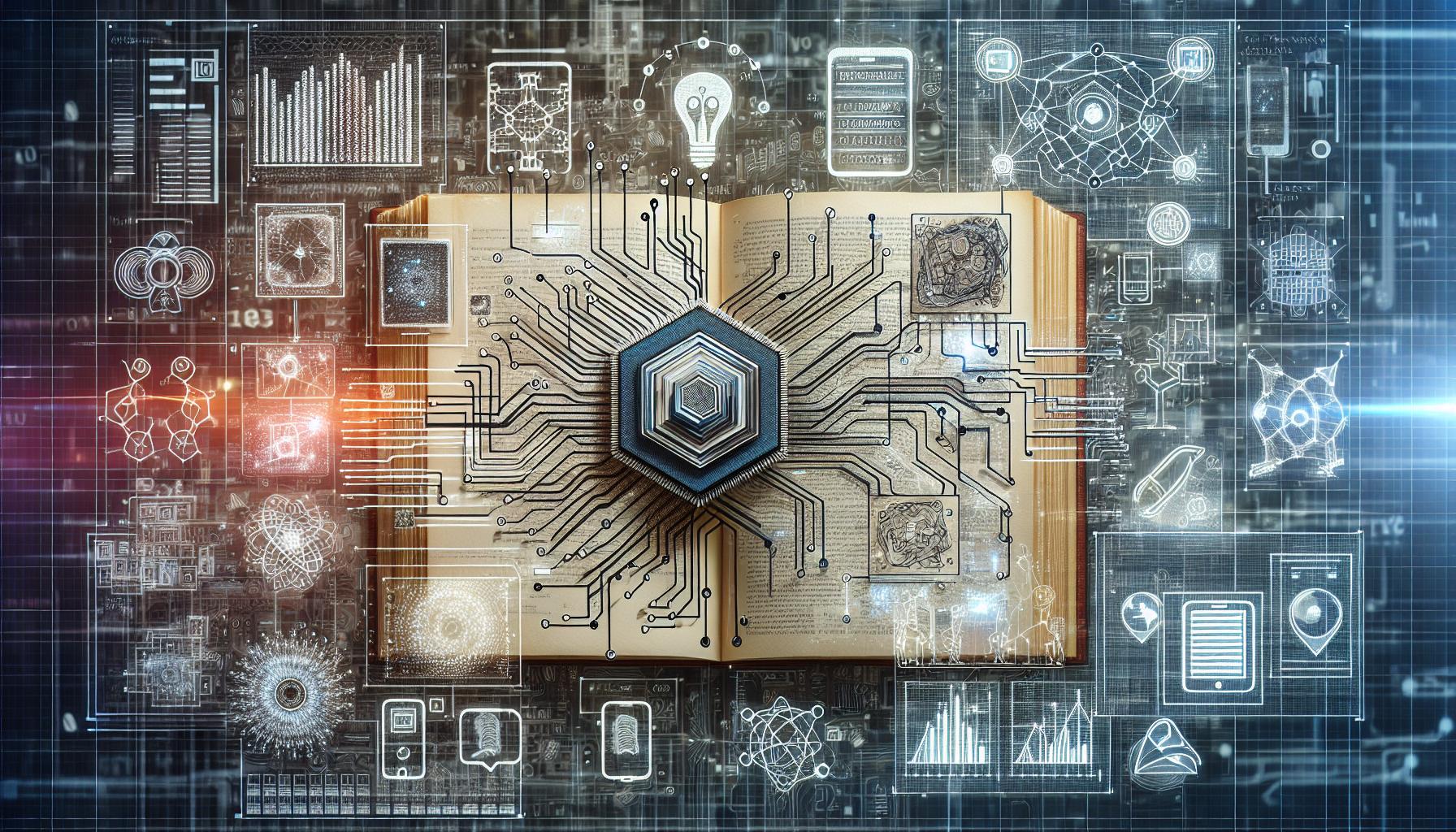AI and CRM: Transforming Business Operations

Introduction
The integration of Artificial Intelligence (AI) into Customer Relationship Management (CRM) systems is revolutionizing how businesses interact with their data and manage customer relationships. This transformation not only optimizes operations but also redefines the roles of employees in using CRM systems. In this article, we will explore the different types of CRM users, the tasks they perform, and how AI can potentially take over many of these tasks, thereby reducing the need for all employees to access the CRM system directly.
Understanding CRM Users and Their Tasks
CRM systems are pivotal in managing customer interactions, sales tracking, and marketing efforts. Users of CRM systems can be broadly categorized into several roles, each with specific responsibilities:
- Sales Professionals: Focus on lead management, sales forecasting, and customer communications.
- Marketing Specialists: Use CRM for campaign management, lead generation, and analytics.
- Customer Service Representatives: Handle customer inquiries, support tickets, and service requests.
- Management and Executives: Rely on CRM for reports, dashboards, and decision-making insights.
Each of these roles interacts with the CRM system differently, necessitating varying levels of access and interaction.
AI-Driven Task Assignment
AI technology can automate numerous routine tasks within CRM systems. Here's how AI can be integrated into the tasks of different CRM users:
- Sales Professionals: AI can automate data entry, lead scoring, and initial customer contact, allowing sales staff to focus on closing deals and building relationships.
- Marketing Specialists: AI can manage routine campaign adjustments, A/B testing, and customer segmentation.
- Customer Service Representatives: AI chatbots can handle initial customer inquiries and ticket routing, reserving more complex issues for human agents.
- Management and Executives: AI can generate real-time analytics and predictive insights, helping leaders make informed decisions quickly.
Estimating Task Distribution Between AI and Humans
Based on the integration of AI into CRM tasks, we can estimate that AI could potentially handle about 60-70% of routine and data-driven tasks across various user roles. This allows human employees to focus on tasks that require human empathy, decision-making, and complex problem-solving.
Case Study: AI Integration in a Tech Company's CRM
A leading tech company implemented AI within their CRM system and observed a 50% reduction in the time employees spent on routine tasks. Sales professionals were able to increase their customer engagement time by 40%, thanks to AI handling initial contact and qualification processes.
Conclusion
The integration of AI into CRM systems is not just about reducing the workload or cutting costs; it's about strategically enhancing the human element of business operations. By automating routine tasks, AI frees up human creativity and problem-solving capabilities, allowing employees to focus on areas where they add the most value. As businesses continue to adopt AI in CRM, the synergy between human intelligence and artificial intelligence will become a cornerstone of modern business strategy.




